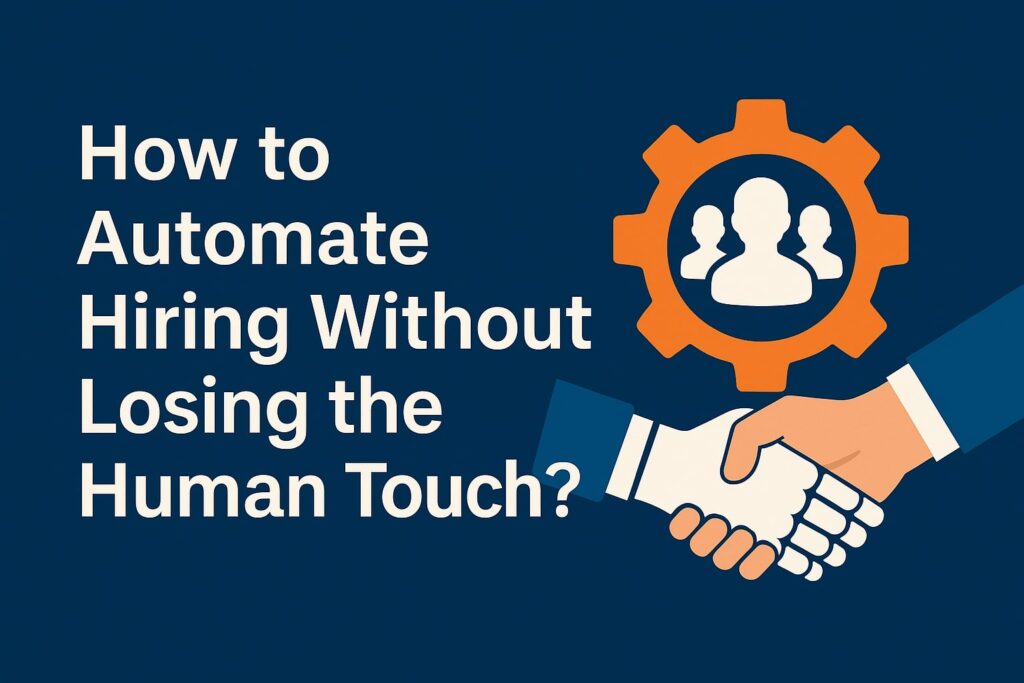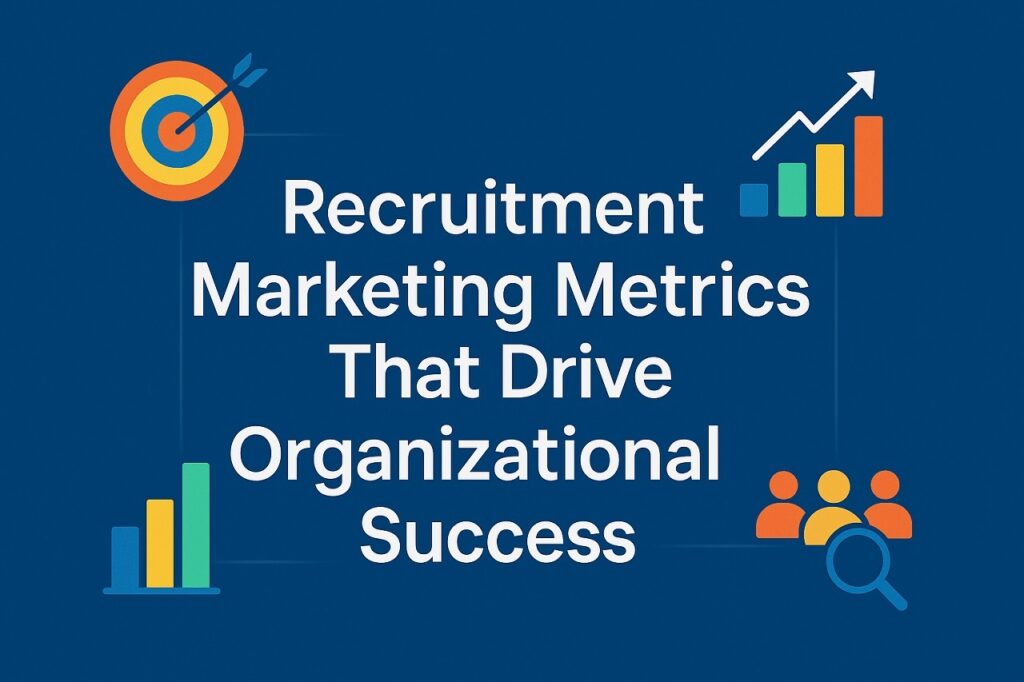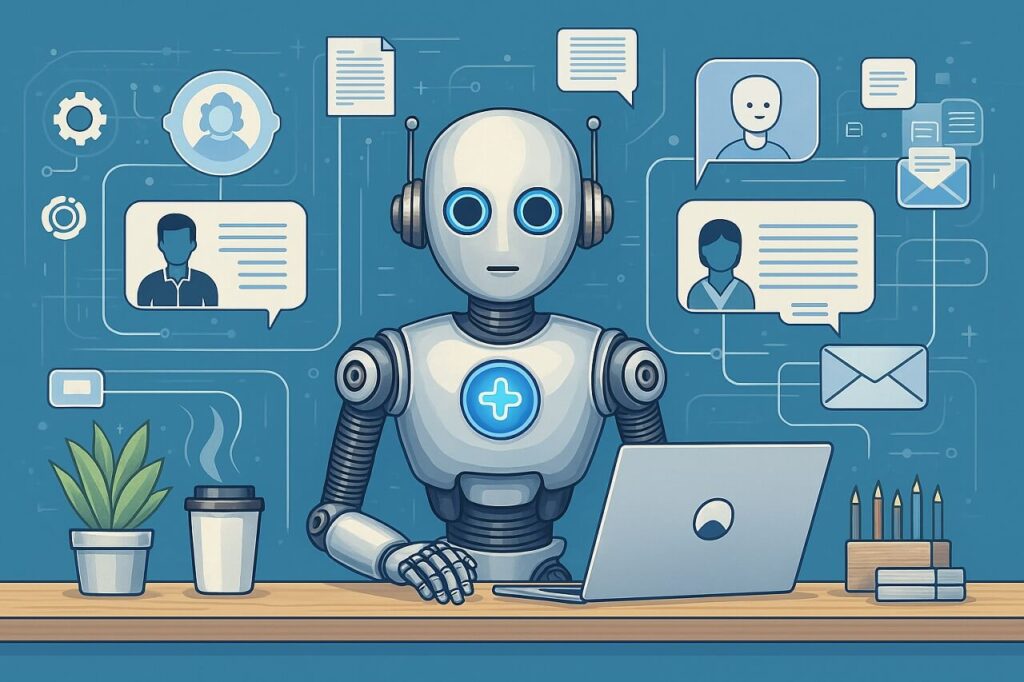The modern workplace is evolving rapidly, driven by technological advancements, changing workforce dynamics, and shifting employee expectations. HR professionals face both opportunities and challenges as they navigate this complex environment. In this blog, we’ll explore the latest HR trends and challenges reshaping the world of work, along with actionable strategies to help businesses stay competitive and future-ready.
Top Current HR Trends Reshaping the Workplace
1. Emerging HR Tech Trends: How AI and Automation are Shaping the Future of HR
Artificial Intelligence (AI) and automation are revolutionizing HR processes, from recruitment and onboarding to performance management. Tools like applicant tracking systems (ATS), AI-powered chatbots, and predictive analytics streamline tasks, reducing administrative burdens and enhancing decision-making. Businesses that adopt these technologies can boost efficiency while offering a better employee experience.
2. The Rise of Remote Work: Future-Proofing Your HR Strategy
Remote and hybrid work models have become the new norm. Companies must redefine their HR strategies to support a distributed workforce. This includes investing in collaboration tools, remote onboarding programs, and flexible work policies that foster productivity and engagement regardless of location.
3. Employee Well-Being Programs: A Competitive Advantage in Modern Workplaces
Employee well-being is more than just a perk—it’s a business imperative. Companies are implementing wellness programs, offering mental health resources, and promoting work-life balance. Organizations prioritizing employee well-being experience increased job satisfaction, productivity, and reduced turnover.
4. Upskilling and Reskilling Employees: Bridging the Skills Gap in 2024
The rapid pace of technological change has created a pressing need for continuous learning. Businesses must invest in training and development programs to upskill and reskill employees. This not only helps fill skill gaps but also boosts employee engagement and loyalty.
5. Diversity, Equity, and Inclusion (DEI): Key Practices for Building Inclusive Workplaces
Creating a diverse and inclusive workplace is crucial for innovation and long-term success. Organizations must implement DEI initiatives through transparent policies, bias-free recruitment processes, and inclusive leadership development programs. A strong DEI culture leads to a more engaged and high-performing workforce.
6. Data-Driven HR: How People Analytics is Revolutionizing Workforce Management
Data-driven decision-making is becoming central to HR operations. People analytics helps HR teams understand employee behavior, measure productivity, and forecast workforce trends. Businesses that leverage data analytics can align HR strategies with broader organizational goals, driving measurable outcomes.
7. Flexible Work Models: Balancing Hybrid and In-Office Workforces
Employees expect flexibility, and businesses must find the right balance between in-office and remote work. Offering flexible work models can improve job satisfaction while reducing operational costs. Clear communication and results-oriented management are key to making this model successful.
8. Employer Branding in the Digital Age: Winning the Talent War
A strong employer brand helps attract top talent and build trust with current employees. Businesses can strengthen their brand by promoting company culture through social media, employee testimonials, and community engagement. An appealing brand differentiates a company in today’s competitive job market.
Major HR Challenges Businesses Must Overcome
1. Talent Acquisition in a Competitive Market: Overcoming Recruitment Bottlenecks
Finding and hiring the right talent is one of the biggest HR challenges today. Companies must adopt programmatic job advertising, improve their recruitment processes, and provide personalized candidate experiences to secure top talent.
2. Employee Retention: Strategies to Minimize Turnover in a Changing Job Market
High turnover rates can disrupt business operations and increase recruitment costs. To retain employees, companies should focus on career development, competitive compensation, and fostering a positive company culture that values contributions and rewards loyalty.
3. Managing a Multigenerational Workforce: Creating a Culture of Collaboration
With multiple generations working side by side, businesses must adopt flexible management approaches that address different work styles, motivations, and career goals. Cross-generational mentoring and team-building activities can help bridge generational divides.
4. Compliance and Labor Laws: Staying Ahead of Evolving Regulations
HR teams must keep up with constantly changing labor laws and compliance regulations to avoid legal risks. Investing in HR compliance management systems and consulting legal experts can help ensure that companies remain compliant while protecting employee rights.
5. Adapting to Technological Disruptions: Keeping HR Teams Agile
Technology continues to reshape HR practices. HR teams must stay updated on emerging tools and platforms to remain competitive. Continuous learning, embracing digital transformation, and maintaining tech-savvy HR teams can help businesses adapt quickly to technological disruptions.
6. Mental Health and Burnout: Supporting Employee Well-Being Proactively
Burnout and mental health issues have become significant concerns in the workplace. Employers can support employees by promoting a culture of openness, offering access to counseling services, and providing mental health awareness training for managers.
7. Global Workforce Management: Navigating Cultural and Legal Complexities
Businesses with international teams face challenges related to cultural differences, time zones, and legal regulations. Global HR policies, inclusive leadership, and local compliance expertise can help businesses manage global teams effectively.
8. Change Management: Helping Teams Adapt to Organizational Shifts
Change is inevitable, but managing it effectively can be challenging. Businesses should develop clear change management frameworks, communicate transparently, and involve employees in decision-making to ease transitions and build resilience.
Conclusion:
Technological innovation, evolving employee expectations, and shifting workplace dynamics are shaping the future of work. Businesses must stay ahead by embracing new HR trends, addressing ongoing challenges, and building adaptive strategies. By doing so, they can create a future-ready workforce that thrives in an ever-changing world.
Partner with Sourcing Square, the leading Programmatic Job Advertising Platform, to streamline your talent acquisition process and stay ahead of evolving HR trends. Boost your hiring success today!




